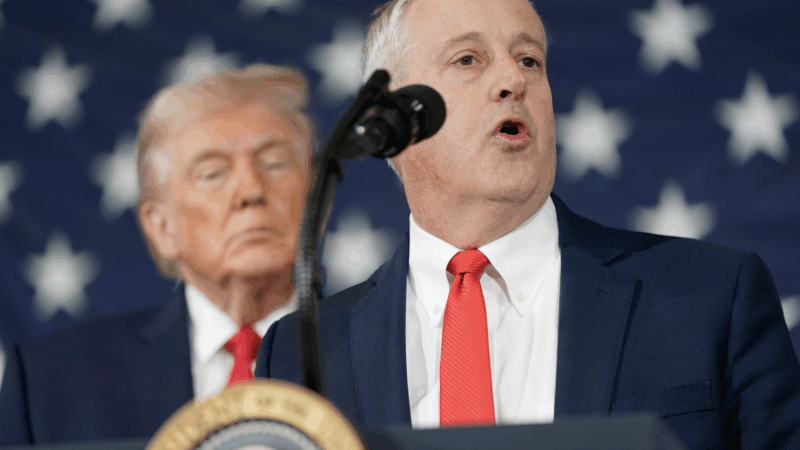Germany’s domestic intelligence labels right-wing AfD party as extremist
Germany’s domestic intelligence agency has formally designated the far-right Alternative for Germany (AfD) as extremist — a move likely to further isolate the group that has emerged as the country’s largest opposition party.
The Bundesamt für Verfassungsschutz (BfV), or Federal Office for the Protection of the Constitution — Germany’s equivalent of the FBI — released a 1,000-page report on Friday.
In a statement on its website, the BfV said it had reached its conclusion after a three-year investigation. “Following its statutory mandate, the BfV was required to assess the party’s actions against the central fundamental principles of the constitution: human dignity, the principle of democracy, and the rule of law. In addition to the federal party’s platform and statements, the review particularly examined the statements and other behavior of its representatives, as well as their connections to right-wing extremist actors and groups.”
The AfD, known for its anti-immigration and nationalist platform, has been under federal surveillance since 2021 as part of a lengthy investigative process, as the BfV had previously announced. While several state-level AfD branches had already been labeled extremist, the new report extends that designation to the party’s national organization.
“It is unprecedented, but it didn’t come as a huge surprise,” said Jörn Fleck, senior director at the Atlantic Council’s Europe Center. He noted that the BfV delayed the decision to avoid influencing February’s elections.
In those polls, the AfD captured 20.8% of the vote and 152 seats in the Bundestag, placing second behind the center-right Christian Democratic Union (CDU) and Christian Social Union (CSU). Despite its electoral strength, the AfD remains politically isolated. Mainstream parties have formally shunned the group, denying it any governing coalition roles.
Fleck says the intelligence agency’s designation “will strengthen the push to continue keeping the AfD out of key committee roles in the Bundestag — no committee chairs, no vice president of parliament.”
The AfD did not immediately respond to NPR’s request for comment.
Ahead of the elections, U.S. Vice President Vance warned European leaders against sidelining right-wing parties. The AfD has also received public support from Elon Musk, a Trump ally and billionaire entrepreneur.
Secretary of State Marco Rubio condemned BfV’s move in a post on X. “Germany just gave its spy agency new powers to surveil the opposition. That’s not democracy—it’s tyranny in disguise,” he wrote. “What is truly extremist is not the popular AfD—which took second in the recent election—but rather the establishment’s deadly open border immigration policies that the AfD opposes.”
Roy Cooper, Michael Whatley set to compete for a high-stakes North Carolina U.S. Senate seat
Former Democratic North Carolina Gov. Roy Cooper will face former Republican National Committee Chairman Michael Whatley in the state's toss-up U.S. Senate race.
Voting nears to a close in Texas primary that may be crucial to control of the Senate
The GOP and Democratic primaries mark a potential litmus test for what direction base voters want their parties to go ahead of midterm elections this fall that will determine power in Congress.
Pregnant migrant girls are being sent to a Texas shelter flagged as medically risky
Government officials and advocates for the children worry the goal is to concentrate them in Texas, where abortion is banned.
The 2026 World Cup faces big challenges with only 100 days to go
Will Iran compete? Will violence in Mexico flare up? And what about funding for host cities in the U.S.? With only 100 days left before it beings, the 2026 World Cup in North America is facing a lot of uncertainty.
A glimpse of Iran, through the eyes of its artists and journalists
Understanding one of the world's oldest civilizations can't be achieved through a single film or book. But recent works of literature, journalism, music and film by Iranians are a powerful starting point.
Mitski comes undone
She may be indie rock's queen of precisely rendered emotion, but on Mitski's latest album, Nothing's About to Happen to Me, warped perspectives, questionable motives and possible hauntings abound.






